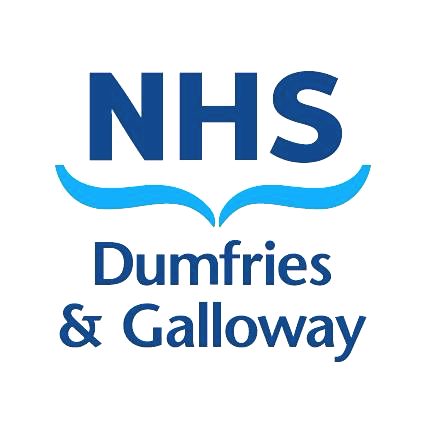Public Health advice to manage region’s warm weather
ADVICE is being issued in Dumfries and Galloway as the region experiences a period of hot summer weather.
While temperatures are not expected to reach the same heights as in England and continental Europe, Public Health are offering guidance to cope with the heat, and to avoid dangers.
Public Health Consultant Dr Andrew Rideout said: “Hot weather can pose risks, particularly to some of the most vulnerable people living in the region.
“Risks can range from sunburn through to dehydration, heat exhaustion and potentially heat stroke.
“Key advice to everyone is to drink plenty of refreshing liquids throughout the day. Please note, though, both alcohol and caffeine can make dehydration worse.
“Anyone who is not passing urine four times a day should increase their fluid intake, and this will be especially true if their mouth and tongue feel dry.
“A good piece of advice when going outdoors is to wear appropriate clothing that provides cover but still allows airflow and cooling.
“Avoid the hottest sun by staying in the shade, wearing loose fitting clothing, and using a high factor (at least SPF30) sunscreen. This is particularly important in the middle of the day when it only takes a few minutes of direct sun to cause a painful burn.
“Take breaks of at least ten minutes from physical exercise and strenuous labour to allow your body to cool down.
“Take care around water – rivers, lochs, and the sea all have risks. Be aware of warning signs and the current danger posed by blue-green algae, and never swim alone. Public swimming pools are a good way to cool down.
“Trees provide natural air-conditioning – not only do they give shade, but evaporation from their leaves cools the surrounding air by several degrees.
“When indoors, closing curtains, blinds, and windows that face into the sun can reduce the build up of heat in rooms.
“Fans are very effective at providing cooling, but increase the risk of dehydration, so need to be used alongside drinking.
“Other means to address the heat are to place a damp or cool flannel of cloth on the back of the neck, top of the head, or chest, sponging with cool water, or lightly spray the skin with cool water. If ice cubes, ice packs, or bags of frozen peas are available, they can be used in the same way for one to two minutes every 15 minutes.
“Anyone with headache, dizziness, nausea and sickness, cramps in their limbs or tummy, fast pulse and breathing, pale clammy or dry skin, or a temperature of more than 38c may be suffering from heat exhaustion.
“Anyone feeling unwell from the heat or sun can get advice and help from NHS24, visiting https://www.nhsinform.scot/ or telephoning 111.
“Warm weather can be very welcome, but it’s wise to be aware of the potential dangers it can bring, so that it can be enjoyed as safely as possible.”






